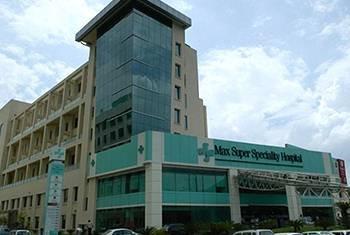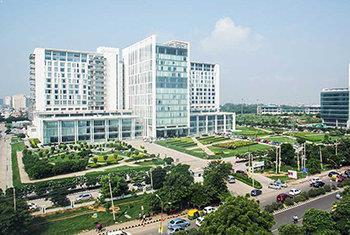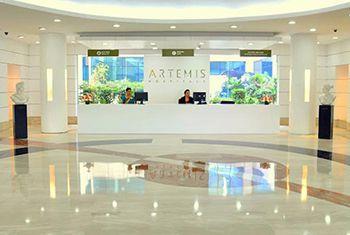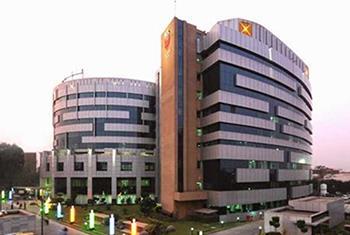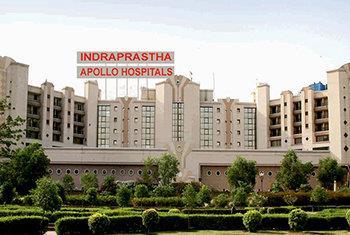Treatment Options for Pancreatic Cancer
- The location and size of the tumor affect the course of treatment for pancreatic cancer.
- The doctor’s recommended course of therapy will also depend on the patient’s general health.
- Early detection of pancreatic cancer increases the likelihood of success.
- Patients with pancreatic cancer that has advanced stages can receive therapeutic choices to manage the condition, extending their lives.
Following are the treatment options for pancreatic cancer. These treatments can be used separately or in conjunction with one another.
Curative Surgery:
Surgery is considered the most effective treatment in the case of pancreatic cancer but only if the tumor is confined to the pancreas and the surrounding organs.
Depending on the location of the tumor, the surgeon may perform one of the following surgeries:
- Whipple’s operation: This surgery is performed to remove the head of the pancreas along with the lower end of the stomach, most of the duodenum, gallbladder, common bile duct, and the surrounding lymph nodes. The digestive tract and the biliary system are then reconnected after the surgery.
- Distal pancreatectomy: During this procedure, the surgeon removes the body and tail of the pancreas along with the spleen.
- Total pancreatectomy: This procedure is carried out to remove the entire pancreas, portion of the small intestine, part of the stomach, gall bladder, spleen, common bile duct, and nearby lymph nodes.
For the treatment of specific tumors, including pancreatic cancer, numerous hospitals provide robotic surgery.
The da Vinci Robotic system, one of the most cutting-edge robotic techniques, is used in the best hospitals, which enables the surgeon to reconstruct the anatomy more precisely, less invasively, and with greater accuracy.
Palliative surgery:
Pancreatic cancer patients who cannot be cured at all with the help of any treatment modality are advised to undergo one of the following palliative surgeries to seek relief from its symptoms:
- Stent surgery: This surgical procedure is conducted by doctors if the tumor blocks the small intestine or common bile duct. A tiny tube (stent) made of either plastic or metal is placed inside the body to keep the blocked area open.
- Biliary bypass: Sometimes, placing a stent is not possible. In such cases, surgery is conducted to allow the bile to drain away by bypassing the blockage present in the common bile duct.
- Gastric bypass: The surgeon performs this procedure if the tumor blocks the duodenum or the upper part of the small intestine. A gastric bypass surgery allows the food to pass through the bowel while skipping the blockage. This helps relieve bowel obstruction.
Chemotherapy For Pancreatic Cancer
- With the aid of potent medications and chemicals, chemotherapy helps stop the growth of cancer cells in the pancreas or other surrounding organs.
- The patient can receive the medication intravenously, orally, orally, and intramuscularly.
- The medicine travels via the bloodstream to the site of the tumor and either kills the cancer cells there or prevents them from proliferating.
Radiation Therapy for Pancreatic Cancer
Radiation therapy uses high-energy X-ray beams or other particles to destroy the pancreatic tumor.
The following are the two types of radiation procedures used by the radiation oncologist:
- External-beam radiation therapy: The high-energy beams are delivered inside the body of the patient with the help of a machine placed outside the body.
- Internal-beam radiation therapy: A radioactive substance is introduced into the body of the pancreatic cancer patient to reach the site of cancer. These radioactive substances are inserted with the help of a needle, wire, or catheter.
Targeted Therapy for Pancreatic Cancer
- Targeted therapy uses the concept of killing the tumor by the use of drugs that attack specific abnormalities present within the cancer cells.
- These drugs arrest the growth of cancer cells by blocking the mutation that converts normal cells into cancerous ones.
- Some of the drugs also work by preventing the formation of the blood vessels that supply nutrients to the pancreatic tumor for growth and proliferation.

